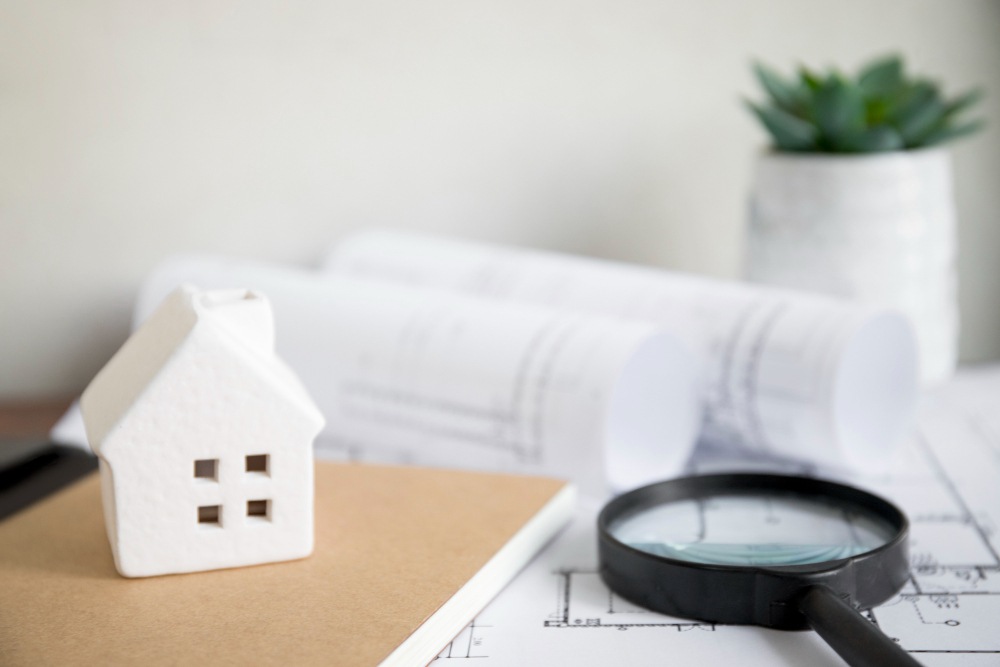 (888) 979-7969
(888) 979-7969
 (888) 979-7969
(888) 979-7969

Whether you're a homeowner or a business owner, getting a property inspection is a crucial step in protecting your investment and ensuring your space is safe for occupancy. Property inspections are typically carried out by insurance companies, loss adjusters, or property inspectors hired by buyers and sellers. Regardless of the reason for the inspection, being prepared and knowing what to expect can help ensure a smooth process. In this blog post, we'll cover what to expect on property inspections, from preparation to the inspection process itself.
Before the inspection, it's important to prepare your property to ensure there are no hindrances during the inspection. Start by clearing any clutter in your home, including personal items, debris, or objects blocking access to important areas. Make sure the inspector has access to all utilities, including electricity, gas, and water. Clean and declutter the exterior of your property too. If there's an attic, basement, or crawl space, make sure the inspector can access these areas without difficulty. Lastly, make sure to keep your pets somewhere else as they can distract the inspector.
A property inspector will check the overall condition of your home-the foundation, roof, electrical systems, HVAC, and plumbing, among other things. It typically takes them around two to three hours to complete the inspection, depending on the size and condition of the property. The inspector will document any issues they see and will provide a summary of their findings along with recommendations. Afterward, they will give a report to the property owner, which can then be reviewed by an insurance provider or other interested parties.
After the inspection, the property owner should review the report and make any necessary repairs or improvements. An inspection report isn't just a report of defects, but it also looks at potential problems, including areas that could be problematic in the future. In some cases, a homeowner may request a re-inspection to ensure that repairs have been made and the property is now safe.
Having regular property inspections brings numerous advantages. Property inspections identify areas of the building or home that need improvement, such as outdated electrical systems or minor plumbing issues. This can prevent small problems from escalating into more dangerous and costly issues in the future. Moreover, having regular inspections can ensure that your property is up to code, providing peace of mind and reducing the risk of accidents. Property inspections may also lead to a higher resale value because potential buyers have more confidence in a property that has been regularly inspected.
Having a property inspection is smart and affordable for all homeowners or business owners looking to protect their investment. Preparation is always the key to having a successful inspection. If you want to ensure the safety and security of your property, it is crucial to have it inspected regularly. Now that you know what to expect on property inspections, including pre-inspection preparation, the inspection process, and following up after the inspection, you're well on your way to improving the safety and value of your property. If you're looking for an insurance loss adjuster in Orlando, FL, contact Ultra Property Damage today for a free consultation and to help protect your investment.